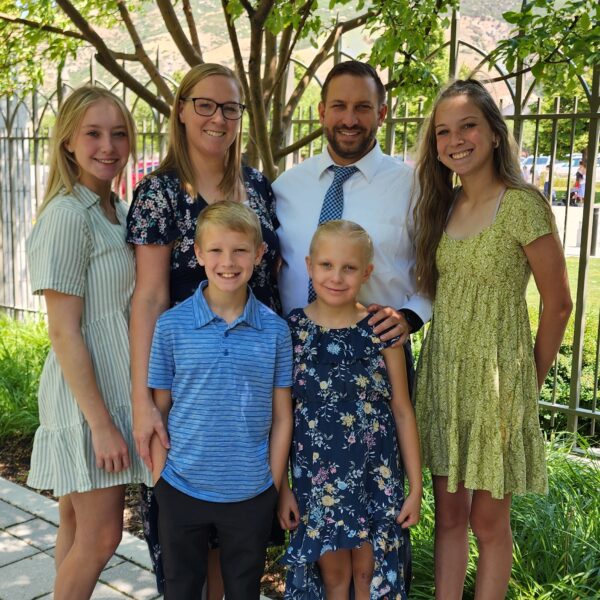One of the biggest areas that is often overlooked in an estate plan are the seemingly innocuous beneficiary designations tied to assets like retirement accounts and life insurance. The beneficiary designation seems of limited importance – you just put down the names of the people who get the retirement account at death, right? The problem is not even necessarily addressed when an individual or couple works with an attorney to devise a professional estate plan because there is often a disconnect between the attorney and the financial advisor in the implementation of specific beneficiary designations on financial assets. What’s the issue?
The problem arises as follows. Let’s assume a relatively simple estate plan for a smart young couple with kids. As this is a smart couple, you can assume they have purchased some life insurance to help fund the trust for their children so their children can attend the finest schools in the United States. Accordingly, the attorney drafts the will that provides all assets go first to spouse, then upon surviving spouse’s death, all assets go to the Children’s Trust under Article V of the Last Will and Testament. This kind of language provides the funding mechanism for the trust the couple has established for the care of their children. The couple has their will and figure the estate plan is complete. Can they now rest easy knowing the children have been provided for?
The issue is that generally a will does not direct the disposition of so-called non-probate assets that have beneficiary designations (think of things like retirement accounts, life insurance, and some bank accounts). Those non-probate assets are instead distributed according to the beneficiary designations on the asset. And, regrettably, when this smart couple set up the life insurance, they simply named the children as the beneficiaries. The disconnect is that the insurance does not actually go to the fancy trust the attorney set up to protect the money and allow the children to go to the best university in America. Given this is a young couple, assume the majority of the value of their assets are the life insurance death benefit and some smaller retirement funds. This means that the fancy trust does not have the funding the couple envisioned and that the kids will not be provided for as planned.
The solution likely needs to be spearheaded by the attorney. In one way or another, the attorney needs to tell the smart young couple and/or the smart young couple’s other advisors: “I drafted this great will and trust for the kids and the non-probate assets like life insurance need to have new beneficiary designations naming first the spouse then the Children’s Trust under Article V of the Last Will and Testament as the beneficiary.” This then can allow the life insurance professional and/or the financial advisor to update beneficiary designations so all the assets of the estate go into the right pot – the Children’s Trust.
The problem is not confined only to children, either. There can be lots of reasons that a specific beneficiary designation should be used. Maybe the attorney deems it advisable to fund a spousal trust or the disclaimer trust (either can be utilized to potentially reduce taxes). The beneficiary designation should not just say to pay the asset to the surviving spouse. It should direct the asset to the spousal trust or the disclaimer trust, as the case may be.
The key is that the attorney, who is responsible for the overall estate plan, needs to convey both the importance of updating the beneficiary designations as well as what exactly the beneficiary designations should be. Then, the couple needs to take the additional step of updating the relevant beneficiary designations to compliment the estate plan. And, often, when you update your estate plan with an attorney, he or she will advise you on how to set up your beneficiaries. But, over time you might change jobs or replace your insurance or move your investments to a new company. It is important then that you, the consumer, understand the concepts here and the importance of working to correctly spell out appropriate beneficiary designations.
Once the estate plan is updated with the attorney AND once the beneficiary designations have been updated to reflect the new plan, then the couple can rest easy knowing the children have been provided for.
390406-2
* Licensed, not practicing.
The opinions voiced in this material are for general information only and not intended to provide specific advice or recommendations for any individual or entity. This information is not intended to be a substitute for specific individualized tax or legal advice. We suggest that you discuss your specific situation with a qualified tax or legal advisor.
Securities offered through LPL Financial, member FINRA/SIPC. Investment advice offered through Cornerstone Wealth Strategies, Inc., a registered investment advisor and separate entity from LPL Financial.












